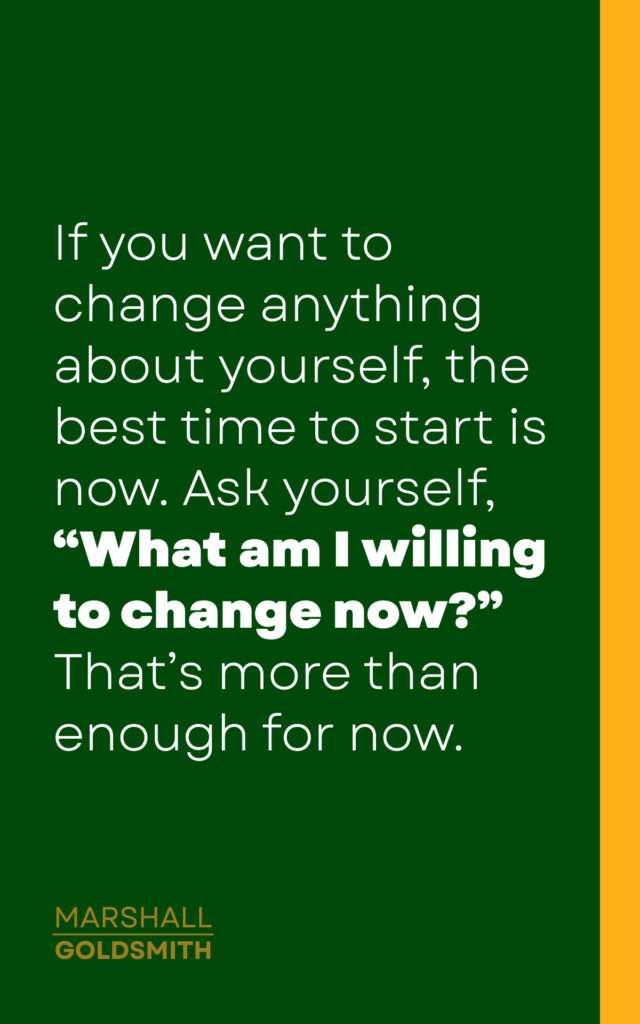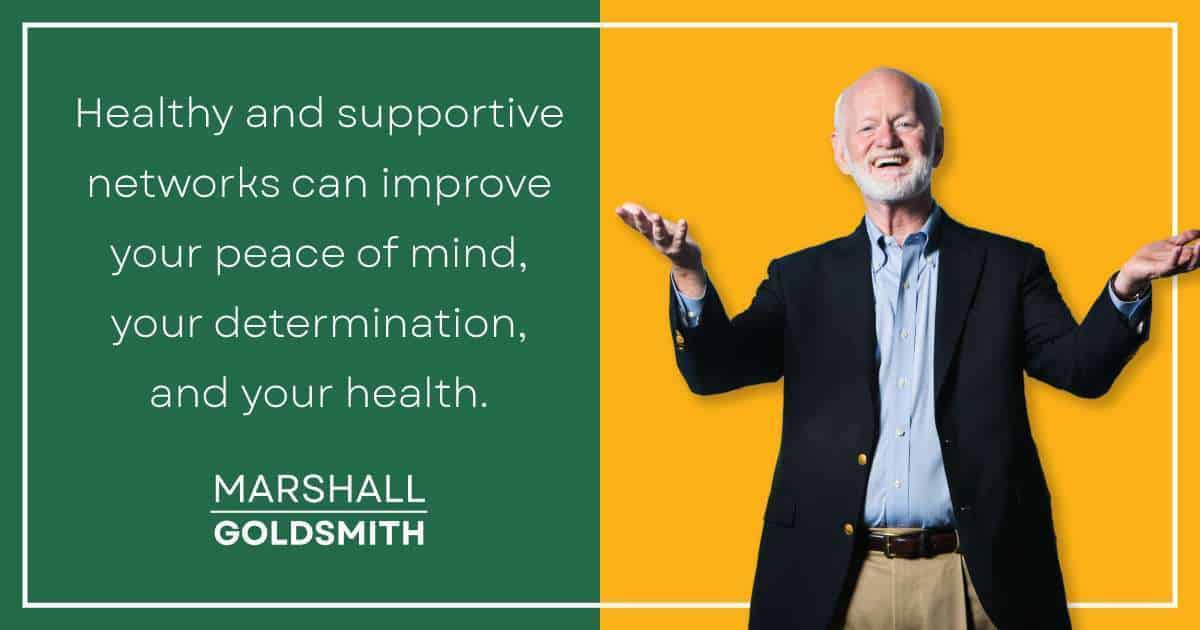Playing Favorites By Marshall Goldsmith There’s a reason I devote...
Healthy and supportive networks can improve your peace of mind, your determination, and your health. People sometimes look for support among these networks of friends and family. Sometimes they feel they lack support, or their situation isn’t understood enough for people to give them the support they seek. We all need support of some kind, even if sometimes we think we’re truly self-supporting — the truth is, support is an essential part of a healthy mind, of an earned life — we do not exist alone.
An organization in the form of money, equipment, even office space, anything you consider a valuable resource.
Support like this is not easily acquired in organizations with limited resources. You have to earn your share of the pie.

Such supporters can be your teacher, mentor, boss, or simply someone in authority who takes a shine to you. The latter, in my opinion, is the single greatest piece of career luck you can have (but you have to appreciate your luck).
I once asked the youngest partner at a large law firm how he got to be the head of the firm’s employment practice before he was thirty-five. He said, “I left my previous firm because of a toxic boss who was actively antagonistic to me. The partner I reported to here is the opposite. He told me from day one that he had a five-year plan to retire and make me his successor. If I did what he told me to do, it was my job to lose. His support made all the difference.”
Support can also be a defined group.
The curious thing about a support group is not that we need one to reach our goals, but how reluctant we are to admit it. This denial makes sense when you consider the front-and-center contributions of motivation, ability, understanding, and confidence in our success.
We develop them quietly and privately as solo actors, ignoring the impact of the outside world. It also makes sense in the context of living an earned life. “Earning” something—whether it’s a raise, or respect, or our entire life—implies self-sufficiency, as if our achievements come about without anyone’s assistance and are therefore more glorious and honorable.
That’s delusional thinking.
We all need help.
Accepting that fact is an act of wisdom, not a sign of weakness. Acting on it is an essential skill. This is particularly true if you work as a sole practitioner or a freelancer.
In organizations—corporate, governmental, or nonprofit — your support groups are built into the infrastructure. CEOs have a board of directors, managers have their weekly meetings, and the support staff, left to their own devices, instinctively form their own small cells to support one another. Feedback, ideas, and cheerleading are always there if you want them.
When recent refugees from corporate life go out on their own and say they “miss the camaraderie” in a big organization, they’re really admitting that they miss the support.
Here’s a not-so-dirty secret of super-successful people: The smartest, most accomplished people I know are the most avid builders of their own support group and the most reliant on their group for help (and they’re not shy about admitting it).
I know this because I coach some of them. Being in their support group is part of my job. I see how often they go beyond the walls of their organization for counsel and comfort. I see how they use the advice and how it connects directly to their success. For them, a support group is like having a higher gear to make things happen more smoothly and quickly. If it works for them, why not let it work for you?
Your support group can include anyone, even a family member or two. A half dozen people is a manageable number; more than that and the support gets repetitive or confusing. You can even have multiple support groups for different occasions/situations, depending on how complex and varied your life is.
The cast of characters can change over time as you and the world change, too. My only caveat: Never be the most admired or successful person in your group (you’re seeking help, not a fan base), nor the least accomplished. Somewhere in the middle is about right.

Adding Too Much Value Won’t Get You There By Marshall...
C-Suite Master Class: No, But, However By Marshall Goldsmith Continuing...
The Doerr Institute: Expanding the Market for Coaches By Marshall...
Making Leadership Development Part of the College Degree at Rice...
Sanyin Siang – Winner of the Thinkers50 Marshall Goldsmith Coaching...
Thinkers50 Marshall Goldsmith Distinguished Achievement Award in Coaching – Nominees...
Leading with Influence: What Is Influence360°? By Marshall Goldsmith Founder...
Are You a Dominator, Manipulator, Persuader or Influencer? By Marshall...
Leading with Influence: Redefining Modern Influence Part 2 By Marshall...
My mission is simple. I want to help successful people achieve positive, lasting change and behavior; for themselves, their people, and their teams. I want to help you make your life a little better. With four decades of experience helping top CEOs and executives overcome limiting beliefs and behaviors to achieve greater success, I don’t do this for fame and accolades. I do this because I love helping people!
As an executive educator and coach, I help people understand how our beliefs and the environments we operate in can trigger negative behaviors. Through simple and practical advice, I help people achieve and sustain positive behavioral change.